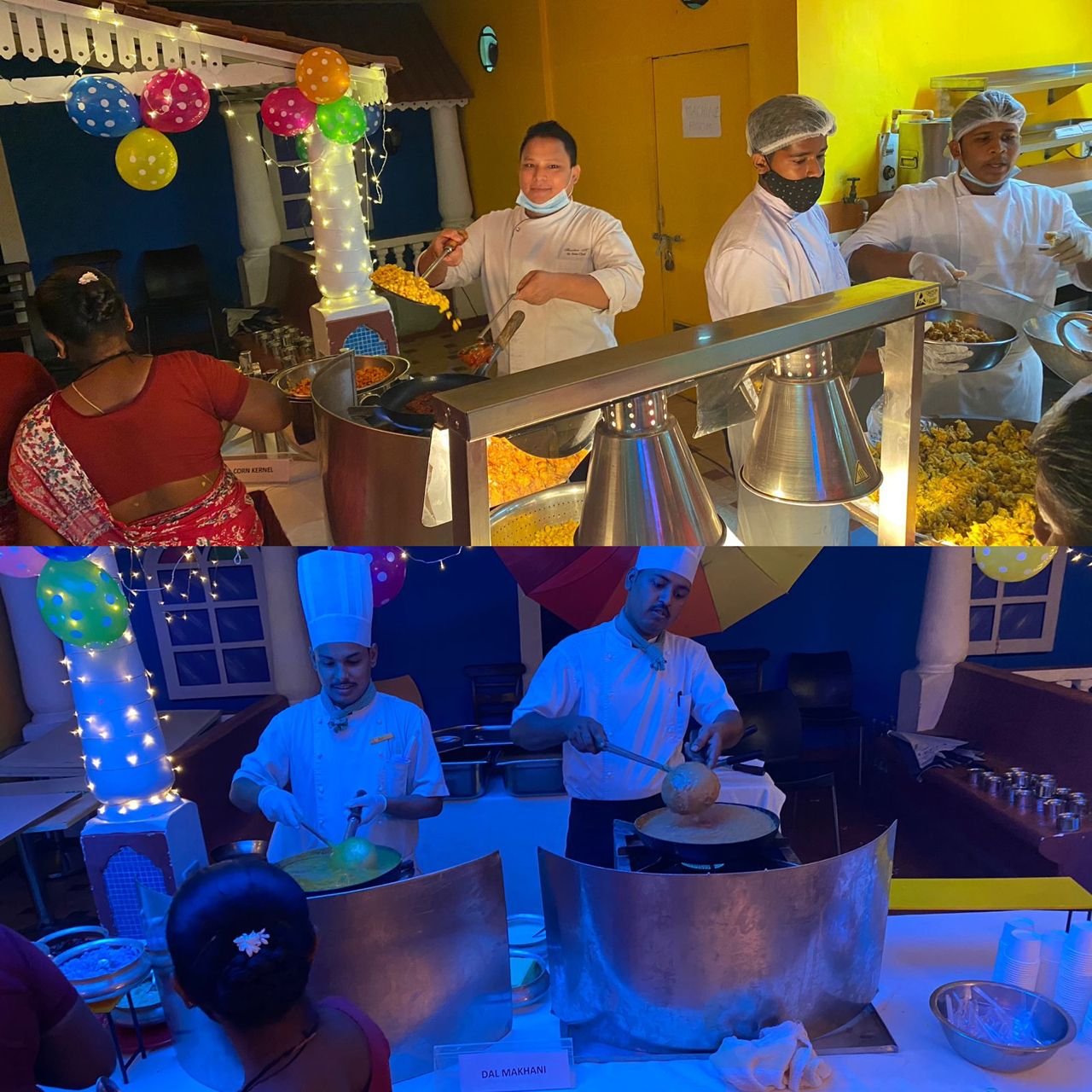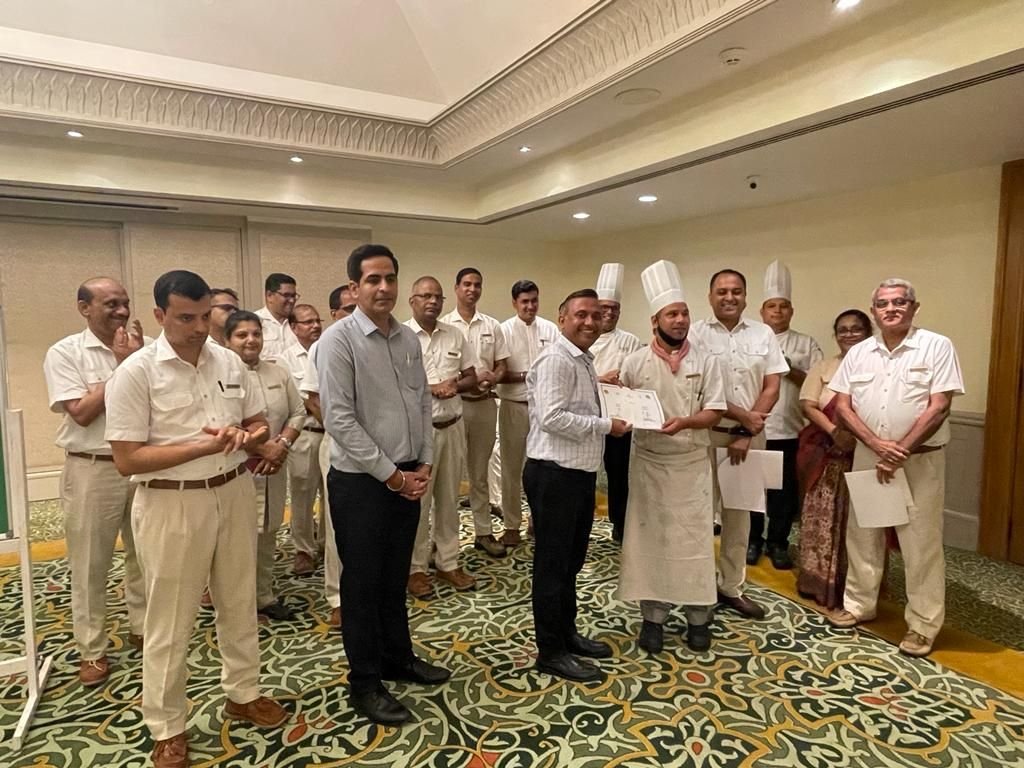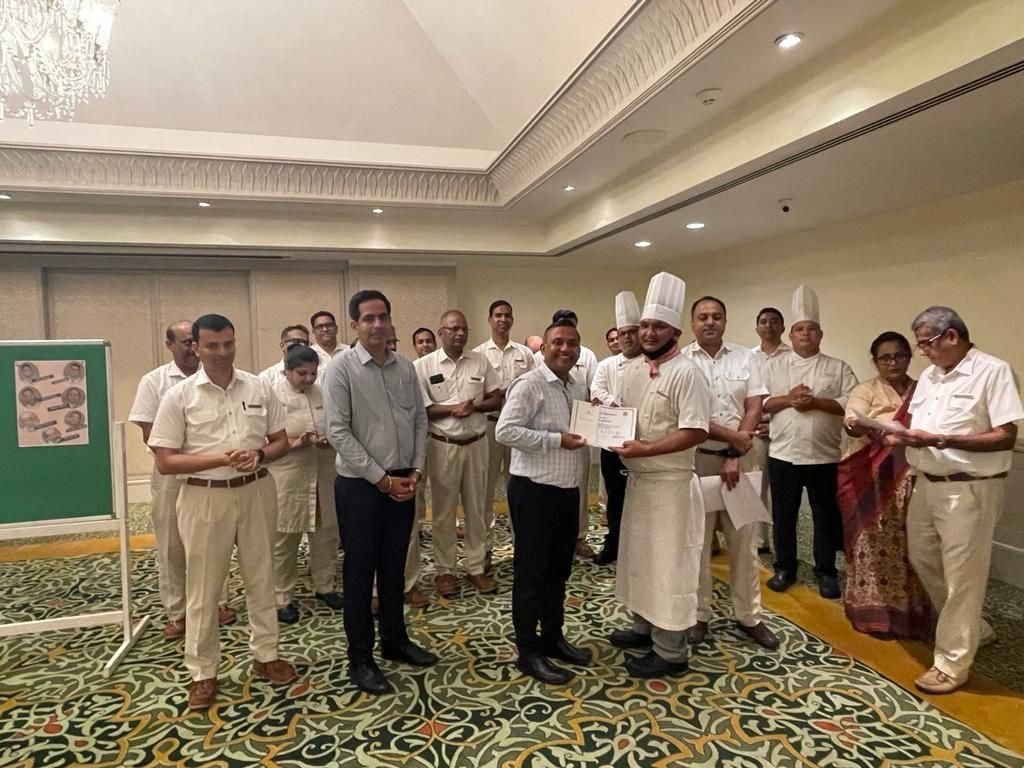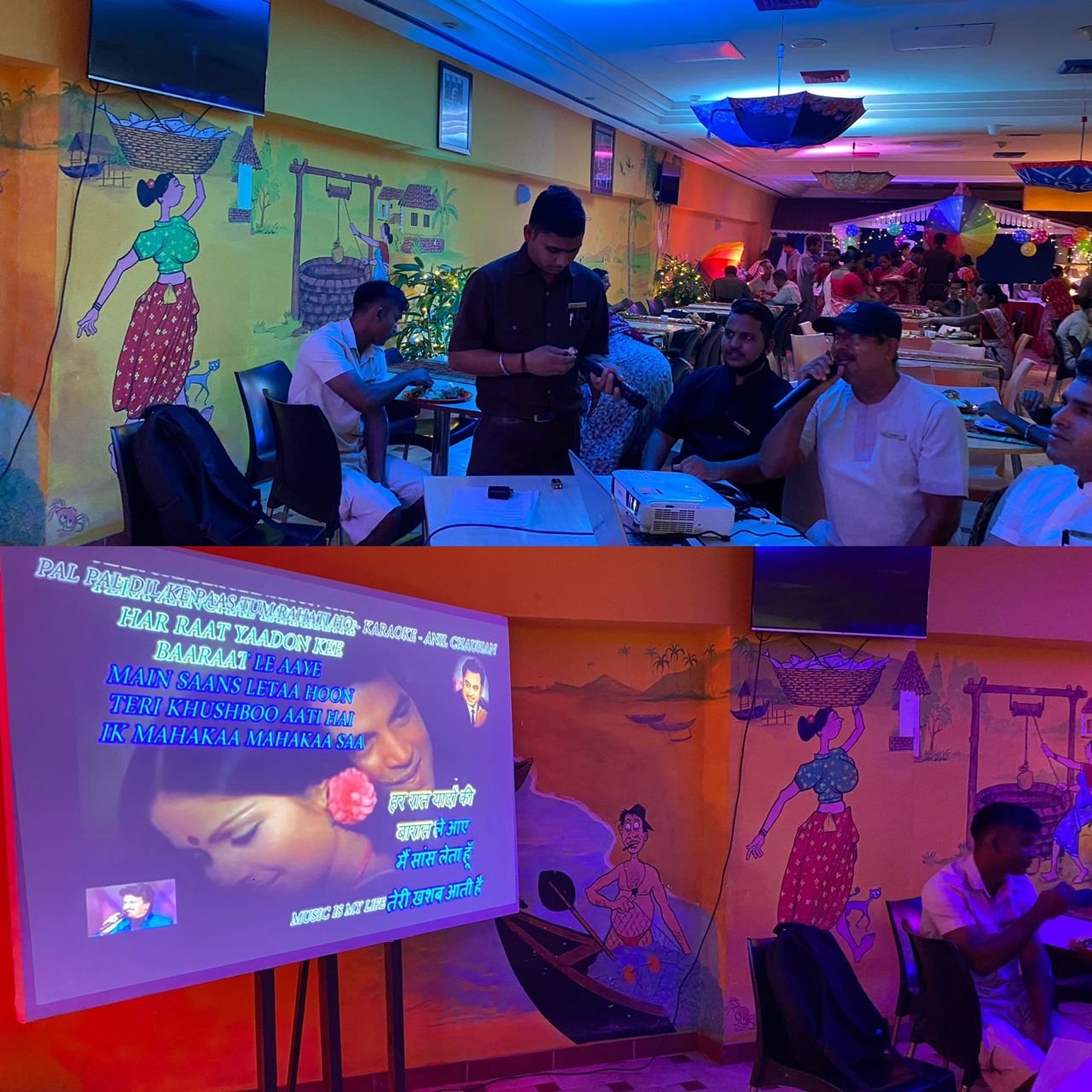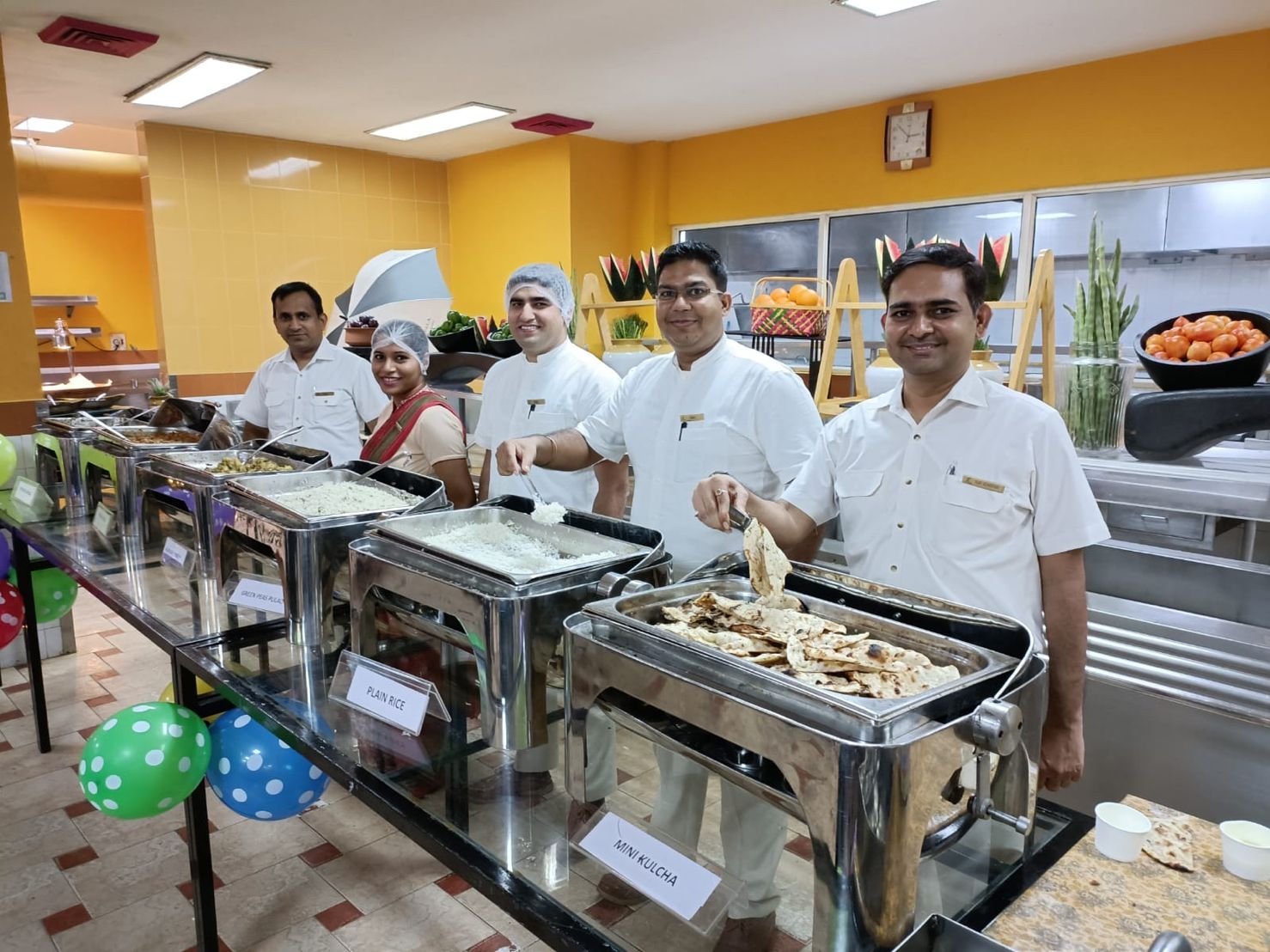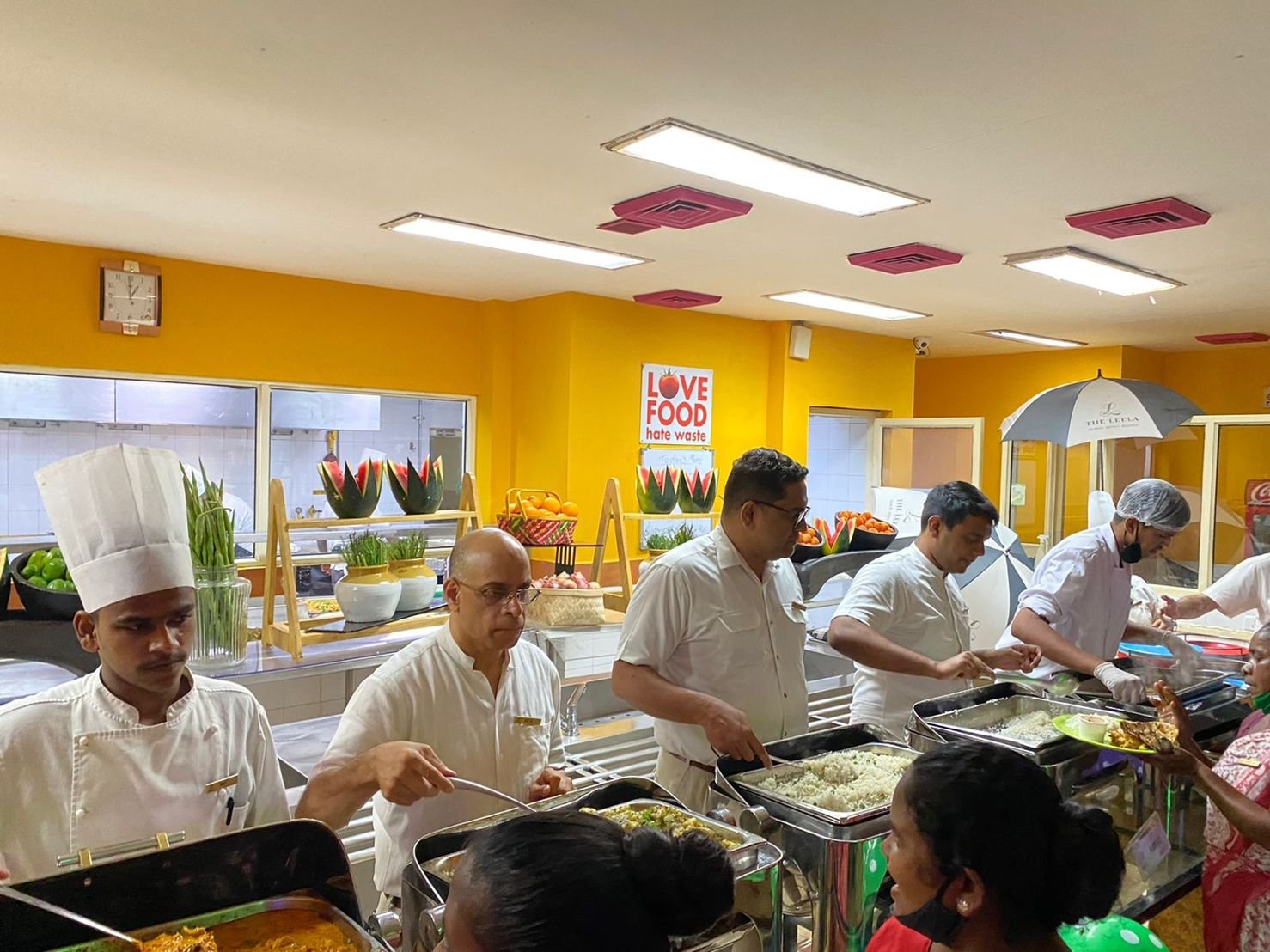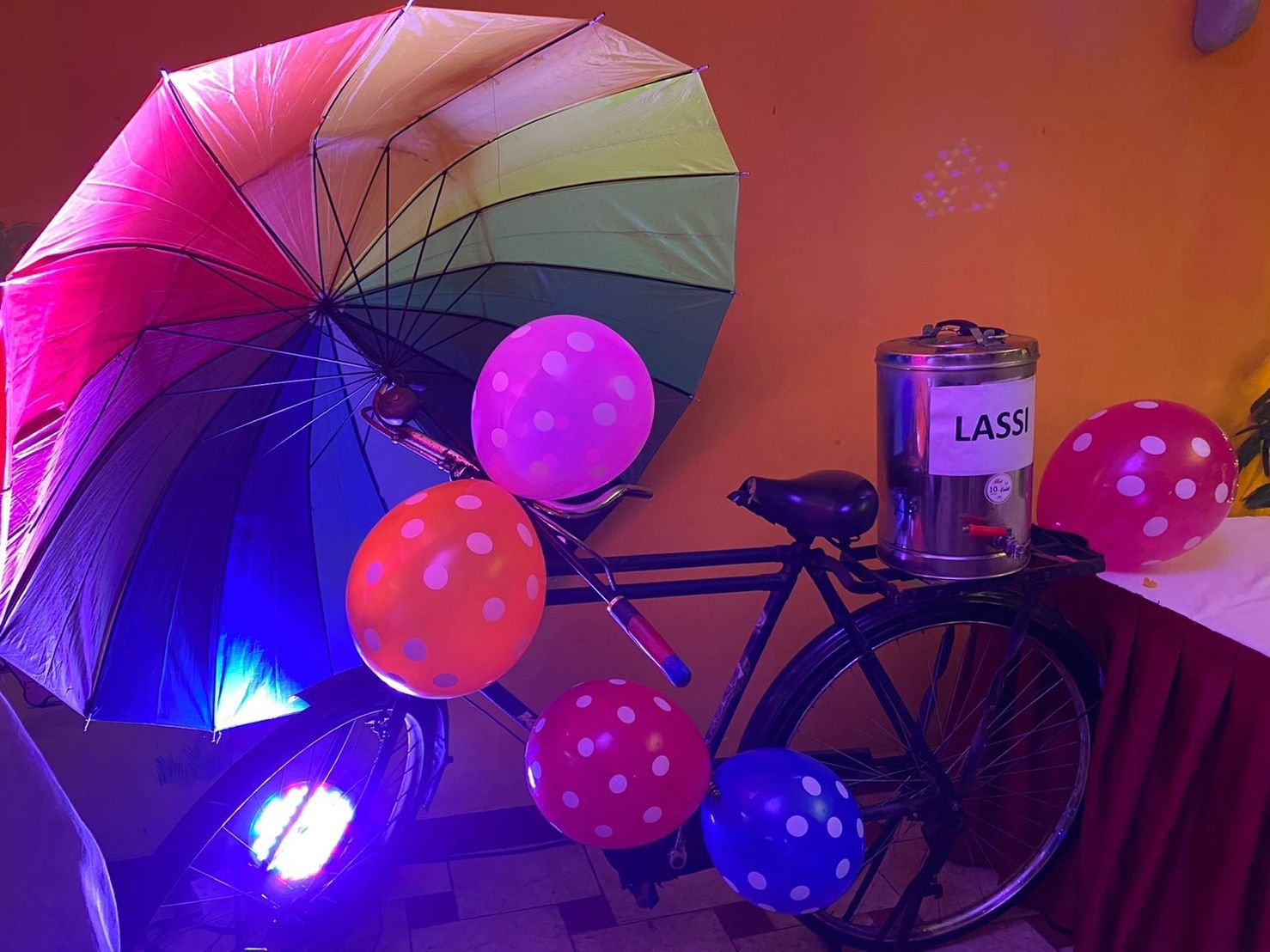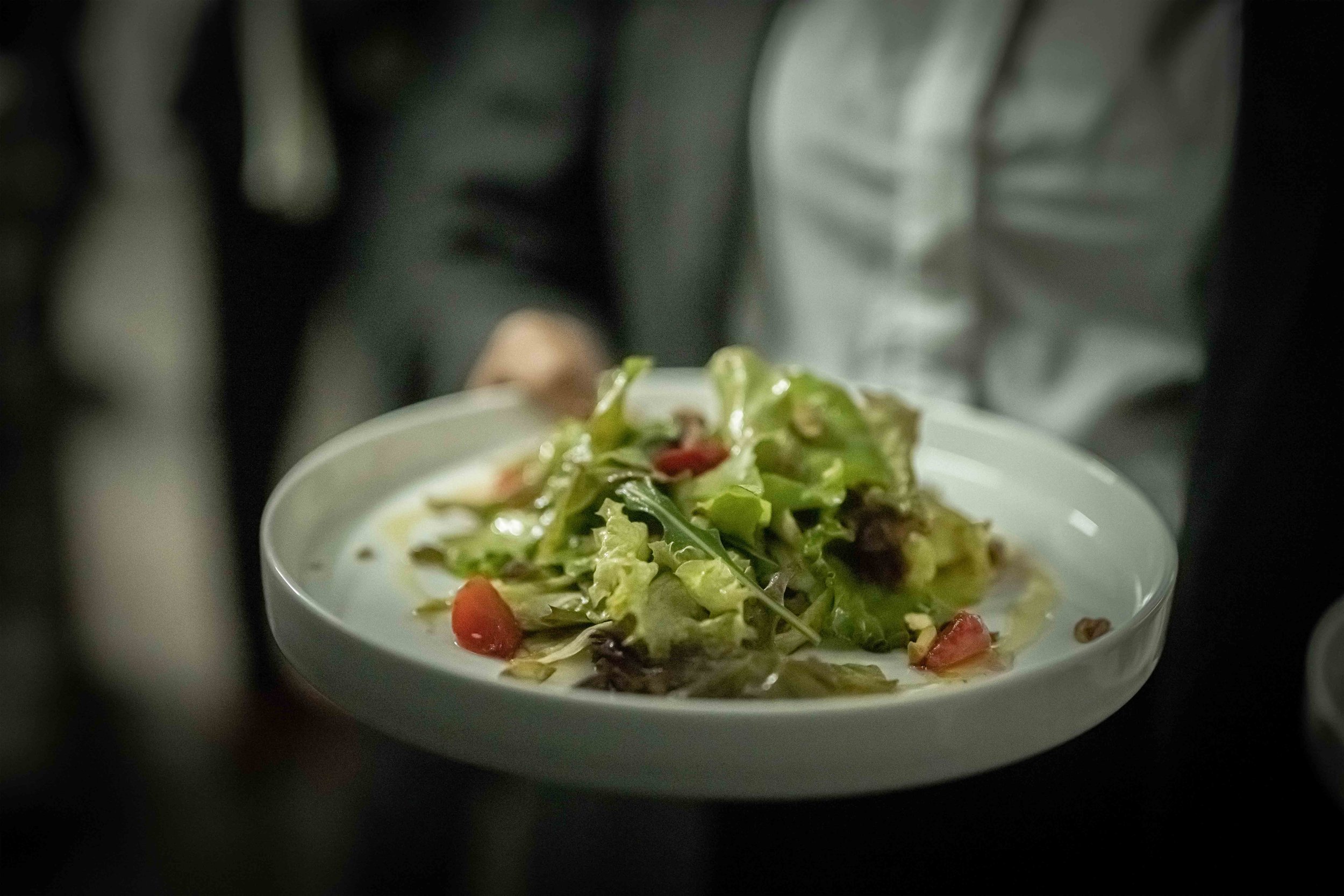This World Environment Day, Booking.com lists Top Destinations for More Sustainable Stays in 2022
Mumbai, June, 2022: Celebrated by millions of people across the globe, World Environment Day aims to create awareness and encourage action for the protection of the environment. And while one can practise sustainability in multiple aspects of one’s life, travelling sustainability can be a traveller priority, especially with easing of COVID-19 restrictions and resumption of travel.
This World Environment Day, Booking.com has compiled a list of destinations across the globe with the highest percentages of Travel Sustainable properties on their platform*. Travel Sustainable badge recognizes the impactful efforts properties worldwide are making to help protect the planet and contribute positively to their local communities. From trend-setting cities to stunning natural parks and destinations making a concerted effort to manage their travel volumes more consciously, there is plenty of inspiration for the 94% of Indian travellers who say that sustainable travel is important to them** – no matter where their sense of adventure and exploration might take them.
Hoedspruit, South Africa
Nestled beneath the majestic Northern Drakensberg Mountains, the scenic town of Hoedspruit is surrounded by the largest privately-owned conservation area in the world. The town is located in the heart of the UNESCO registered Kruger to Canyons Biosphere where the local community takes part in several recycling and conservation initiatives, and showcases local produce at the Lekker Farmer’s market to support the surrounding area. Known as one of the best places for a safari in South Africa, visitors can immerse themselves in the beautiful surroundings by respectfully observing the incredible wildlife in their natural habitat. To witness the admirable work the town does with regards to protecting animals, visitors can spend time at – and make a contribution to – the Moholoholo Wildlife Rehabilitation Centre and the Hoedspruit Endangered Species Centre.
2. Stockholm, Sweden
Spread across fourteen islands, Stockholm is widely regarded as one of the most environmentally friendly cities in Europe – and celebrated as an international role model for climate action, having taken multiple measures to ensure a net positive impact. The Swedish capital uses renewable energy sources and recycles 99% of the city’s solid waste. It also has one of the cleanest – and tastiest – tap waters in the world, so there’s no need to buy bottled water. Since the city is relatively compact, there are options to explore it more sustainably, with a great public transport system and many sights within walking distance. The city offers a community bicycle program that allows people to rent one of 1,000+ bicycles that are scattered throughout Stockholm. Visitors can also explore the city from the water: an evening city kayaking tour offers the unique experience of paddling through Stockholm’s waterways to admire the architecture and landmarks, ending with a traditional Swedish meal.
3. Arusha, Tanzania
Known as Tanzania’s safari capital and a wonderful stopover for keen hikers heading to scale Mount Kilimanjaro, Arusha is exactly halfway between Cairo and Cape Town. With the breathtaking dormant volcano of Mount Meru as a backdrop, Arusha is easily explored by foot and is known for its environmental efforts such as tree planting initiatives, sustainable agricultural volunteering programs, and a water sanitation project which visitors to the area can support. The East African city is also known for its monumental clock tower and various cultural tourism programs on offer, including a tour of the Olpopongi Maasai Cultural Village and Museum where visitors can experience the local Maasai culture firsthand. This is an ideal way to learn more about and connect with the local community – perfect for the 69% of Indian travellers who say they want to have authentic experiences that are representative of the local culture when they travel**.
4. Merzouga, Morocco
Merzouga is a charming small village in south-east Morocco, located near the stunning Erg Chebbi desert, known for its magical sand dunes and wide range of wildlife. Visitors can trek to nearby ancient Berber villages that still act as oases in the expansive desert to immerse themselves in local history and culture. For early risers, the desert at dawn provides stunning sunrise views, and those taking part in the two-hour Erg Chebbi Sunset Dunes Walk will experience equally transcendent twilight hues passing across the dramatic landscape as the sun goes down. Morocco itself is a leading destination in terms of its environmental commitments, with a sustainable development model and goals to source 100% renewable energy by 2050.
5.Puerto Iguazú, Argentina
Located where Brazil, Paraguay and Argentina meet, Puerto Iguazú is home to the magnificent Iguazú National Park – a UNESCO World Heritage Site and voted one of the Seven Natural Wonders of the World. With 275 waterfalls, the most renowned and arguably most stunning is the semicircular Devil's Throat, more than 269 feet (82m) high and located at the very heart of the national park. For those wanting to explore with minimal impact, the luscious landscape is accessible by foot via the many hiking trails, or reachable by the Ecological Train that crosses the jungle. Visitors can observe the wildlife in the surrounding tropical forest; with over a thousand different species of animals and plants, it’s part of a larger ecosystem that runs through most of Latin America. To help preserve biodiversity and protect the park, as well as the local community, the hospitality sector has kickstarted several initiatives including litter and street cleaning to ensure the numbers of tourists do not adversely affect the area and the people who live there.
6. Boracay, Philippines
An idyllic tropical island destination, Boracay is the stuff Instagram dreams are made of. Featuring no fewer than 17 stunning beaches and coves, including the stunning 2.5 miles (4km) long White Beach, visitors have stretches of pristine sand and sea to surf, kiteboard, and snorkel, or to simply relax and soak up the sunshine. Things haven’t always been so dreamy for Boracay: in the past, the island took the difficult decision to close to visitors for six months due to the negative impact of too many tourists. After refocusing their efforts and allowing the island’s ecosystems to start to recover, Boracay is now responsibly welcoming visitors again, managing volumes with a daily tourist limit. The island has also implemented an array of sustainable eco-tourism practices, including the adoption of electric tricycles, and now relies on solar power as their main energy source, seeking to ensure a long and healthy future.
7. Villa de Leyva, Colombia
Located northeast of Colombia’s capital Bogotá, the charming town of Villa de Leyva is known for its rich history and traditional whitewashed architecture. In the heart of the town lies the stunning Plaza Mayor, home to the city hall, museums, hotels and shopping passages for visitors to explore and support the work of local artisans. Visitors should consider timing their trip to coincide with the annual tree festival, the Festival del Árbol, which is held in October to celebrate the natural wonders the town has to offer. A celebration of the region’s indigenous plants, the festivities include everything from lectures on conservation and sustainable tourism to performances from local musicians.
8. Amsterdam, Netherlands
Given its warm and welcoming atmosphere, its historic canal houses, cozy cafes, and small boutique shops, it’s no wonder the Dutch capital is so popular with travellers. Although Amsterdam has struggled for years with what some might call ‘too much of a good thing,’ in terms of tourism, it’s actively addressing the issue by encouraging visitors to explore outside of the crowded city center and its infamous red-light district. By redirecting travellers to its many charming neighborhoods, the hope is to spread the positive socio-economic benefits of tourism more evenly throughout the city and surrounding areas. On a national level, the Dutch government is rewarding sustainable initiatives, taxing polluting activities, making investments in soft mobility and encouraging the use of public transport and bicycles. Amsterdam is also committed to reducing CO2 emissions and has fostered an increasingly popular vegan and vegetarian food scene, making it easier for both visitors and locals alike to eat more mindfully.
9. Toronto, Canada
Known for its live music scene, acclaimed museums and galleries, the iconic CN Tower and an incredible skyline, Ontario’s capital and Canada’s largest city is also a fantastic destination for those with an eye on traveling more responsibly. Mesmerizing and modern, Toronto is best discovered through a tour with a local guide to escape the tourist trail and discover local markets and hipster hangouts. In efforts to address climate change, the environmentally-conscious Toronto is actively supporting the take-up of electric vehicles, offering carbon offset credits, and even introduced a Green Roof Bylaw in 2009, requiring buildings to have a green roof for vegetation to grow. As Toronto is now blessed with incredible fruit and vegetable growers and nearby farms just outside of the city, the farm-to-table ethos has been adopted widely by many of the city’s most popular restaurants, where visitors can enjoy delicious food grown close to home.
10. Rishikesh, India
At the base of the Himalayas and located right on the Ganges River, Rishikesh is a beautiful city surrounded by rippling rivers and majestic mountains. An exquisite and calming place to nurture the soul, visitors can tap into the rejuvenating vibe by participating in wellness activities like a sound healing session. A world renowned destination for yoga, meditation, and hiking, the city has also taken multiple measures to be more sustainable, including becoming vegetarian by law and actively encouraging plant-based eating to support the environment. Rickshaws, one of the main traditional transport options in the city, have been fitted with CNG-powered engines in an effort to reduce pollution, while local artists are producing art installations using single-use plastics.
*Destinations selected from the top 200 destinations selected based on volume of properties with a Travel Sustainable badge and sorted by highest share of overall properties that have the badge.
** Research commissioned by Booking.com and independently conducted among a sample of 30,314 respondents across 32 countries and territories (1,000 from USA, 958 from Canada, 1,009 from Mexico, 1,001 from Colombia, 1,003 from Brazil, 1,017 from Argentina, 1,000 from Australia, 486 from New Zealand, 998 from Spain, 1,003 from Italy, 996 from France, 495 from Switzerland, 980 from the UK, 998 from Germany, 1,014 from the Netherlands, 991 from Belgium, 985 from Denmark, 984 from Sweden, 964 from Croatia, 976 from Russia, 1,008 from Israel, 1,002 from India, 1,004 from China, 925 from Hong Kong, 1,006 from Thailand, 988 from Singapore, 1,002 from Taiwan, 1,004 from Vietnam, 1,004 from South Korea, 1,003 from Japan, 1,006 from South Africa and 504 from Kenya ). In order to participate in this survey, respondents had to be 18 years of age or older, had to have traveled at least once in the past 12 months and must be planning to travel in 2022, and be either the primary decision maker or involved in the decision making of their travel. The survey was taken online and took place in February 2022.







